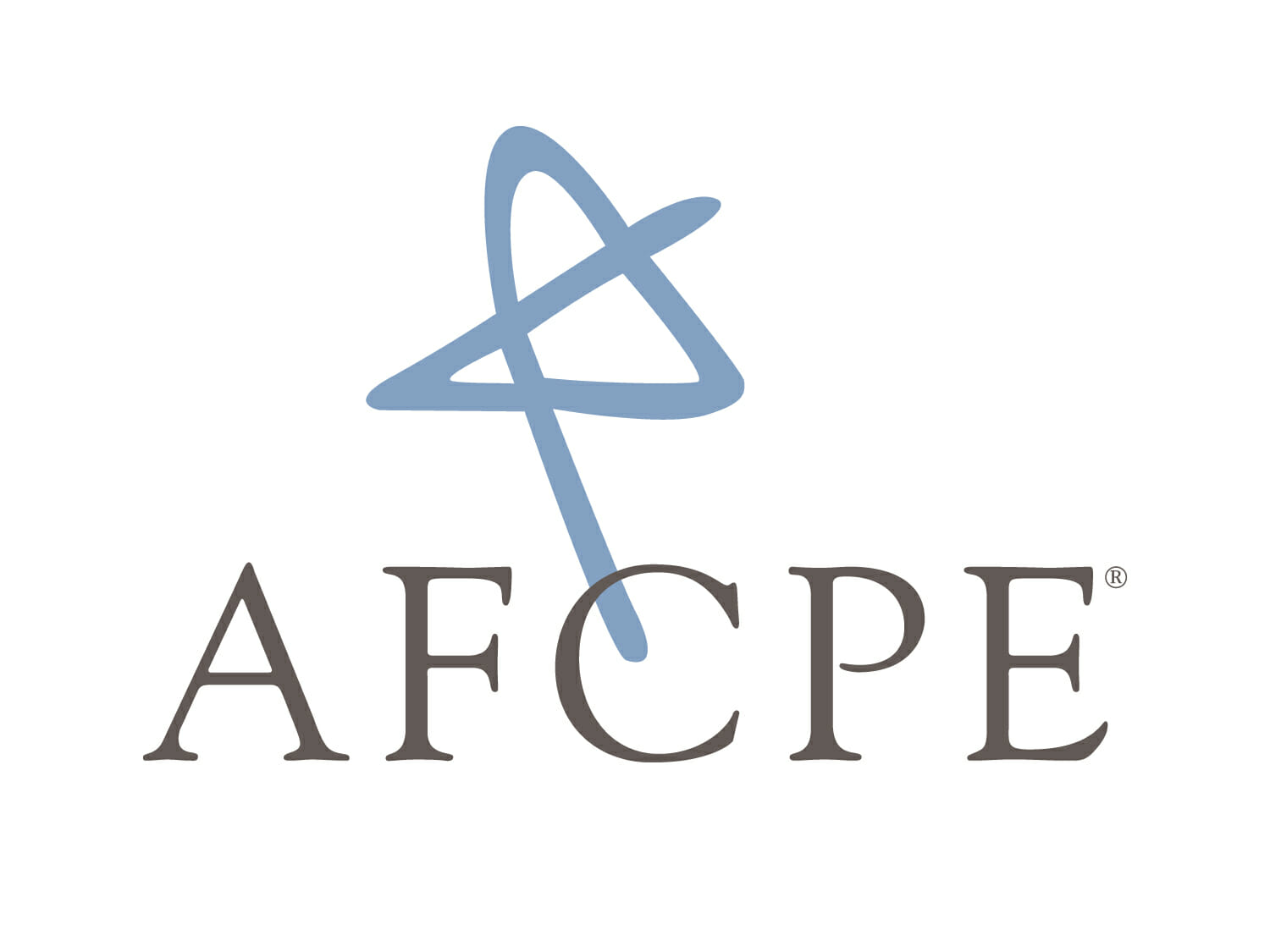A good credit history is crucial in today’s economy. Far more than just a number, a good credit score can make the difference in being able to access the affordable lending products necessary to go to college, buy a home, or start and grow a small business. Renting an apartment, paying for car insurance, signing up for utilities and even landing a job can also be affected by a person’s credit history – or the absence of one.
Unfortunately, for many of the 64 million Americans with no or “thin” credit files, the ability to establish a good credit history is hampered by lack of access to affordable mainstream credit building financial products. A disproportionately large number of these individuals are low-income and many live in areas underserved by traditional financial institutions. They depend on predatory financial service providers who do not report their borrowers’ on-time payments. Thus, many of these low-income households find themselves trapped in a vicious credit cycle: the use of predatory financial products prevents them from building good credit and their impaired or nonexistent credit furthers ongoing dependence on asset stripping alternative financial products.
As credit reports and scores are used more widely by creditors, employers and other businesses, financial practitioners are recognizing the connection between consumers’ credit profiles and the opportunities available to them. Over the last five years many have begun to embrace credit building as integral to helping low- and moderate-income and other underserved constituents build and sustain financial assets.
Responsible credit building – which combines access to safe, affordable financial products with skilled and relevant financial education — is a powerful strategy for financial practitioners to help the households they serve take control of their financial lives. In just six months, on-time payments reported to the credit bureaus on an installment loan as small as $100 can help an individual with a low credit score increase his or her score by an average of 35 points and move an individual with no credit score to a prime credit score.
A good credit history is not only an asset, it is the means to greater and more sustainable financial stability, savings and asset building opportunities.
Join Credit Builders Alliance (CBA) and AFCPE® for a 3-part webinar series designed to help financial practitioners enhance their understanding of credit building as an asset building strategy and help create ideal conditions for individuals and families to build credit and assets. Begins February 2015: http://bit.ly/1BsDWkL
Guest Contributor Dara Duguay, Executive Director, Credit Builders Alliance

Leave a Reply